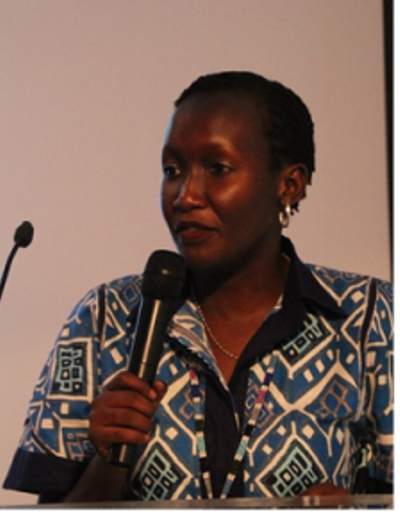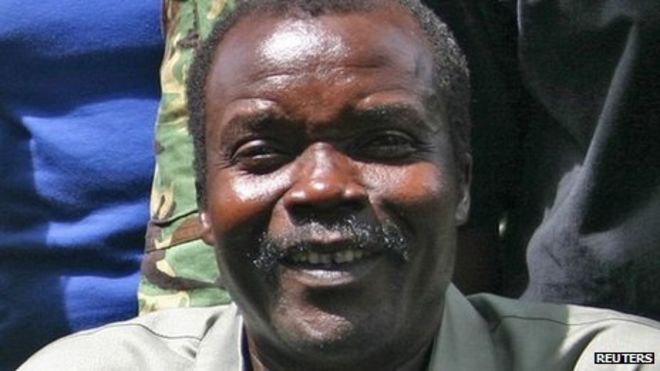A demonstration of a resuscitation procedure in an emergency room at the Centre
Makerere University College of Health Sciences has received the largest high-fidelity simulation centre for training in Sub-Saharan Africa, positioning itself as a major medical centre on the continent.
According to experts, only South Africa has a larger simulation center.
The facility at Mulago Hospital donated by TotalEnergies EP is aimed at providing specialized emergency medical skills training to strengthen the preparedness and ability of medical personnel to respond to health emergencies.
This is a result of the Memorandum of Understanding signed in August last year between TotalEnergies and Makerere University to collaborate in various educational skills initiatives related to health and medical services.
Ernest Rubondo, the Executive Director at the Petroleum Authority of Uganda says the collaboration between the oil and gas and other sectors of the economy is one way of avoiding the “oil curse”.
Other initiatives include scholarship programs, graduate trainee programs, rewards or startup capital for innovative projects by the youth, and refurbishment of the Ivory Tower Auditorium at the University.
Rosemary Byanyima, the Mulago National Referral Hospital’s Acting Executive Director, called on the oil and gas company and the Ministry of Health to take up the maintenance of the facility as well as equip the personnel who will have been trained at the facility.
She also says the facility has the potential to be a training center for Africa since it is only the second of its kind south of the Sahara, adding that it is now the duty of the authorities to market it.
The importance of the facility was the reason why Mulago provided space, according to to add to the existing smaller simulation lab that is for “minimal access surgery”.
The 570 million Shillings facility will not only cater for skills enhancement but also improve the service delivery at the hospital and other health facilities around the country.
TotalEnergies EP Uganda General Manager Philippe Groueix said this is part of the company’s policy but also compliance with international best practices for oil and gas to operate in a secure and safe environment, and boost the capacity of the health services in the country.
This, he says is just one of the many health projects including health centers in the Albertine area, and adds to the ongoing establishment of the country’s first ambulance station in Naguru.
The centre has three units; emergency, critical (intensive care unit), and perioperative (surgery).
The facilities, including the structures, ICT installations, and supply of medical training equipment were executed by two local companies; Teltec Investments Ltd and Philips Pharmaceuticals Uganda Ltd, in line with the national content policy for the oil and gas sector.
The Centre will be fully operated by the College of Health Sciences.
Dr Charles Olaro, Director of Curative Services said this facility is another addition to Uganda’s ability to handle most of the human health and medical issues.
He says that currently, Uganda’s health sector has the capacity to handle more than 90 percent but Ugandans needlessly spend money for treatment abroad.
He adds that there are currently 16 theatres operational at Mulago alone while more are being constructed for organ transplants.
He used the chance to explain that the way the organ transplant procedure works, it is hard or impossible for the alleged organ theft to happen in Uganda because it can only take a few minutes between getting the organ from the donor and implanting it into the recipient for a successful operation to happen.
For this, according to Olaro, two theatres have to exist and operate concurrently for transplanting procedures.
–URN





